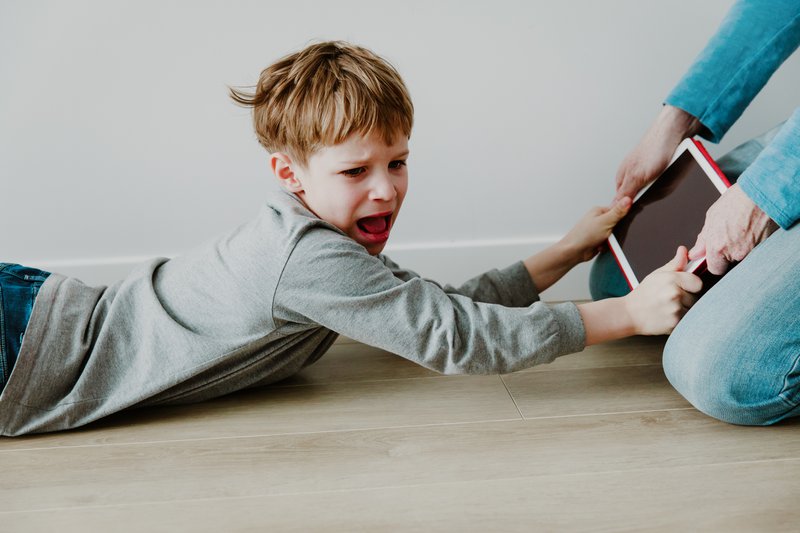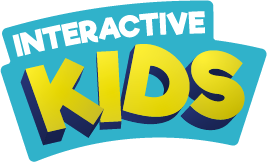How tablets are putting the motor skills of our children in danger
Scientific studies show that there is a direct link between weaker motor skills and the amount of time children spend on screens. It is particularly important to take heed of this with younger children. Should parents stop their children spending time on tablets or just encourage them to concentrate on the technology aspect in their play time? Eline Taelman, co-owner of Nanopixel and specialist in high-end visual digital applications, has a Master’s Degree in Educational Sciences. As a parent of two children, this is a burning issue for her, but she believes that there are alternatives out there.
We are all familiar with that ambiguous feeling when going out with little children. On the one hand, we are happy that we can chat quietly in a restaurant and keep our eyes on the road in the car, because our children are busy tapping away on their tablets. On the other hand, we feel guilty and children who are addicted to their tablets are the last thing we want. We want, more than anything else, to see our children playing happily in the garden, but at the same time we don't want them to become digitally illiterate. And then there are game consoles. How many digital skills do children come away with from these?
The discussion about the number of 'screen hours' has flared up even more recently as studies revealed that the fine motor skills among young children are less well developed. Not because our teachers are going about things the wrong way. The traditional exercises to improve fine motor skills – colouring, 'write dancing', knowing how to hold a pencil, stacking blocks, cutting object out with scissors are as used as much as ever. The difference is in after-school activities.

In a report by the Heart of England Foundation NHS England Trust, which is part of the National Health Service in the United Kingdom, paediatricians and occupational therapists make a direct link between reduced motor skills and the use of technology. Apps on a tablet or smartphone are less challenging in terms of fine motor skills than colouring in drawings or physical games. This is why children are adapting to writing and other activities that require a certain strength in finger muscles at a later stage than in the past.
Tablet or slide? The truth lies somewhere between the two
When you go out with your children for a bite at McDonalds or to shop at a store, children will, even before they discover the play area, love nothing more than going with their parents and ordering on the big touch screen. Or they get to swipe the screen themselves, simply because they love doing that.
Digital and classic toys can complement each other perfectly and promote the digital and motor development among children
Why don't we include this digital experience in the classic play corners that have existed for years in the form of a colouring table, ball pit or slide? Digital and classic toys can complement each other perfectly and promote the digital and motor development among children. Some examples can be seen in solutions like these that combine the classic benefits of physical toys with a digital environment that fuels the creative spirit of children and encourages discovery and experimentation.
I believe that the future is here: hybrid playing environments that intelligently encourage the iPad generation to also carry out analogue activities. The Kids Wall in the video above offers children the chance to first colour in some drawings by hand and then bring them to life in a large digital aquarium. By using a Kinect camera the children’s’ movements can be recorded, so that the fish they have coloured in can be made to swim towards them.
This stimulates the creative thought processes of children and in turn their fine motor skills and introduces them to the technology of tomorrow. Before you know it they will be working on Finding Guppy in the Pixar studio of the future!
